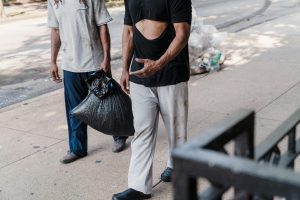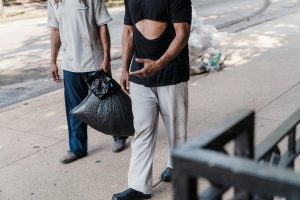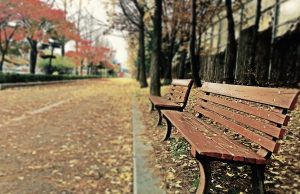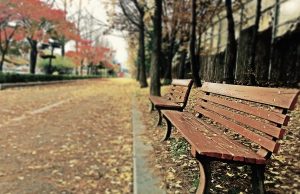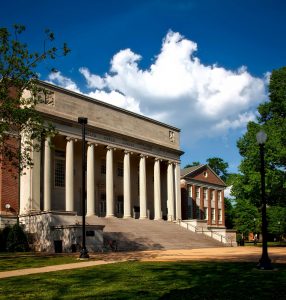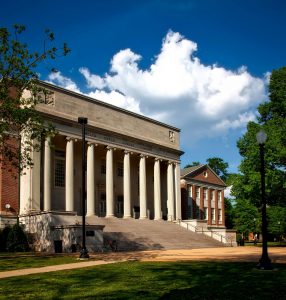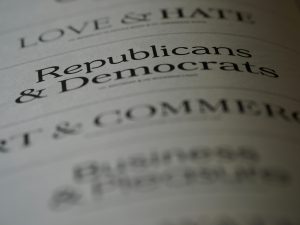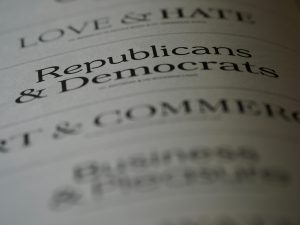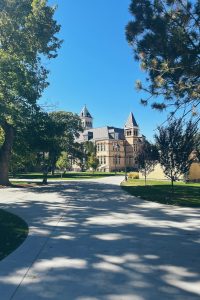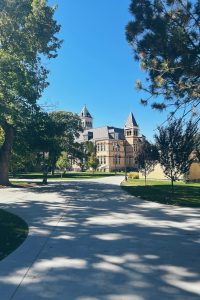

Alice Wong–writer, disability rights advocate, and 2024 MacArthur Genius–recently passed away at the age of 51. Wong earned a master’s degree in medical sociology from UC-San Francisco in 2004 and is known for her prolific writing on her own experiences of discrimination growing up in Indiana with muscular dystrophy, life-long work amplifying the stories of others, and policy advocacy against laws that overlooked the needs of people with disabilities. In 2014, she founded the Disability Visibility Project, which collected hundreds of oral histories about the lives of disabled Americans. This story was covered by the New York Times, Teen Vogue, and LGBTQ Nation.
Alice Wong


Scott Schieman (Professor of Sociology at the University of Toronto) and Alexander Wilson (Sociology PhD Student at the University of Toronto) wrote an article for The Conversation on whether Canadian workers think AI will displace them. They found mixed opinions. Among Canadians who thought job loss was likely, they found concern over corporate greed and loss of dignity and respect for workers. Others felt more confident that the market would adapt and adjust roles to fit new technologies. “Understanding worker attitudes toward automation is a crucial part of studying AI’s broader impact on work and society,” Schieman and Wilson wrote. “If large segments of the workforce feel threatened or left behind by AI, we risk not just economic disruption but a loss of trust in institutions and technological progress.”
Scott Schieman and Alexander Wilson


Musa al-Gharbi (Assistant Professor at Stony Brook University) spoke at a Center for Expanding Viewpoints in Higher Education event at Tufts University on how liberal elites have gained “a lot more influence over society and culture, but the consequences of that are not what we might have hoped or have expected.” Al-Gharbi described that elites focus on “symbolic change more than substantive change” and that the ways they engage in political action can be off-putting: “During these periods of Awokening, we become much more militant about mocking, demonizing, and censoring people who disagree with us, even for views that we adopted five minutes ago,” he said. This story was covered by TuftsNow.


Murat Haner (Assistant Professor of Criminology & Criminal Justice at Arizona State University), Justin Pickett (Professor of Criminal Justice at the University at Albany), and Melissa Sloan (Professor of Sociology & Interdisciplinary Social Sciences, University of South Florida) wrote an article for The Conversation on U.S. political violence. In the 1970s, the bulk of political violence was aimed at property, now the targets are specific people. In a survey study, the authors found that belief in white nationalism was the strongest predictor for support of political violence and argued that “white nationalism poses substantial danger to U.S. political stability.”

